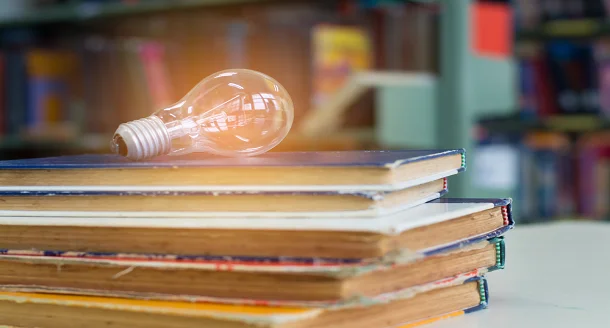
How to Write a Dissertation without Plagiarism. There are several ways to avoid plagiarism in your dissertation. These include paraphrasing, quoting, citing, and avoiding procrastination. This article discusses these topics in more detail. It will also help you understand the nuances of referencing properly and avoid plagiarism. Finally, it will help you understand how to write a dissertation without plagiarism. If you’re stuck on plagiarism, it can cost you your academic degree and your career. Don’t let it happen to you. Follow these tips and you’ll be well on your way to plagiarism-free writing.
Paraphrasing in a dissertation
When you use paraphrasing in a dissertation, you should take care to follow a few guidelines. The first step is to identify the structure of the source text. When paraphrasing, you should avoid using the passive voice and instead use an active voice. Also, make sure that you use words that match your own style. Remember that paraphrasing is not meant to hide the fact that you have copied an idea or passage; rather, it is meant to show that you have understood the material and can explain it in your own words.
To be considered a good paraphrase, it must differ substantially from the original source text. This can be achieved by altering the layout of the text or rearranging key concepts. It must also be cited, which ensures that the original author’s intellectual property rights remain intact. In addition, it helps readers to check whether the paraphrased text remains true to the claims made in the original source. In academic writing, paraphrasing has become a vital tool in academic writing.
Quoting is important to avoid plagiarism
A dissertation is an important part of an academic career. It is a showcase of an individual’s research, ideas, and methods, and is expected to be original. As such, instructors, publication editors, and scholars expect their publications to be original. Therefore, plagiarism is considered unethical. Similarly, reusing material from other sources in a dissertation can be considered plagiarism. To avoid plagiarism, it is necessary to properly cite sources in the dissertation.
Tips to avoid plagiarism in the dissertation are to know the rules of quotations. It is necessary to properly reference sources in a dissertation and to cite them appropriately. It is also important to use quotation marks in your work to avoid being detected as plagiarized. However, if you’re unsure about quoting an article, you can paraphrase it instead. Doing this will ensure that your paper doesn’t look patchy, and it will ensure that your reader doesn’t have a misunderstood idea of what the original article said.
Citing in a dissertation
When citing in a dissertation, be sure to include the full citation in your paper. Even if you’re only using excerpts from the source, it is important to cite the original author. The source should be acknowledged with the author’s last name and the year it was published, and if you’re using a direct quotation, the page number should be included. It is not plagiarism to quote parts of a work, but it is important to avoid the accusation of plagiarism.
Avoid using direct quotations in your dissertation, as this may imply that you don’t have your own ideas. If you need to reference primary sources, use quotation marks or parentheses. Citations are crucial in the humanities and in academic writing. Readers prefer to see the intellectual footprint of the author’s research, so it’s important to use citations to make sure your work is free of plagiarism.
Avoiding procrastination when writing a dissertation
There are many ways to avoid procrastination when writing a dissertation. One way is to set small goals. Those smaller goals can serve as motivational motivation to push you toward your goal. Another way is to set deadlines for yourself. By setting deadlines, you’ll have a way to measure your progress and see how far you’ve come. Writing a dissertation takes time and patience.
A good way to avoid procrastination is to schedule minor tasks as they come up. You can call these ‘admin’ or ‘detail’ days so that you don’t mix priorities. Make sure you allocate a limited amount of time for each of these tasks. By doing this, you’ll be more likely to get your work done. You’ll also get a feeling of accomplishment when you’ve done something.
Author Bio
Jesse Pinkman is a research-based content writer, who works for Cognizantt, a globally recognised wordpress development agency uk and Research Prospect, a Tjenester til at skrive afhandlinger og essays. Jesse Pinkman holds a PhD degree in mass communication. He loves to express his views on a range of issues including education, technology, and more.

